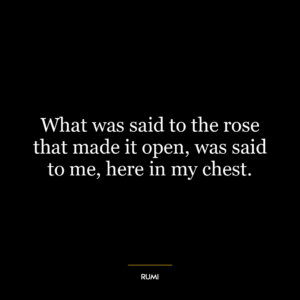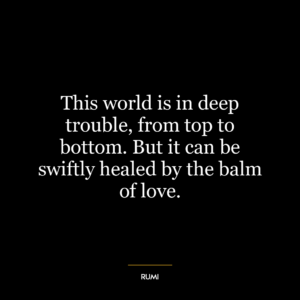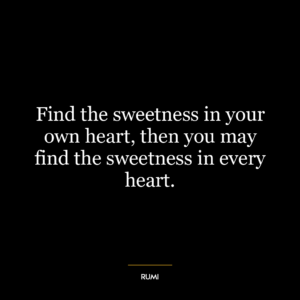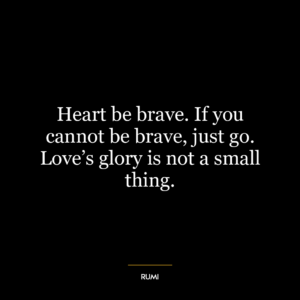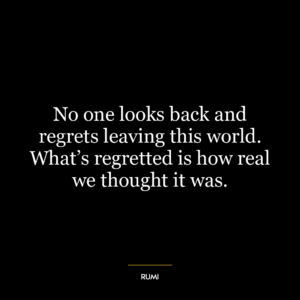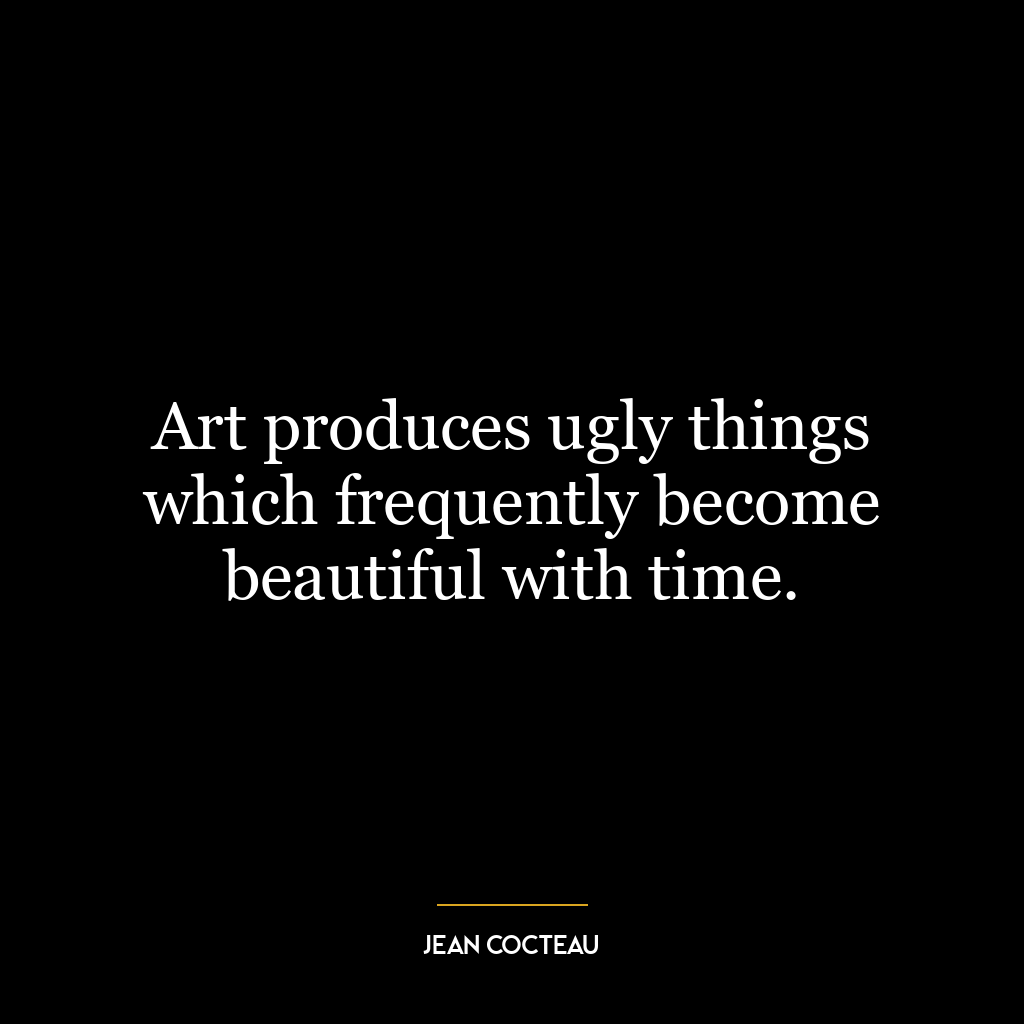This quote speaks to the idea of self-perception and self-appreciation. Often, we are our own harshest critics, focusing on our perceived flaws and inadequacies while failing to recognize our unique beauty and worth. The quote suggests that our own face, representing our true self, is the most beautiful of all, but we are often blinded to this fact.
The beauty referred to here is not merely physical. It encompasses our character, our spirit, our actions, and our potential. It’s about the inherent value that we possess as individuals, which we often overlook or downplay.
In the context of today’s world, this quote is particularly relevant. Society often imposes certain standards and expectations of beauty and success, which can lead to self-doubt and low self-esteem. We tend to compare ourselves with others, ignoring our own unique qualities and achievements.
Applying this quote to personal development, it encourages self-love and self-acceptance. It’s about recognizing our worth and beauty, and not allowing external factors to diminish our self-esteem. We should strive to see ourselves through a lens of compassion and understanding, acknowledging our strengths and also our flaws, as they make us who we are.
Moreover, this quote could also inspire us to reflect and introspect, to look beyond the surface and discover our inner beauty. It encourages us to be authentic and true to ourselves, to embrace our individuality, and to celebrate our uniqueness.
In conclusion, this quote is a powerful reminder to value ourselves, to see our own beauty, and to cultivate a positive and loving relationship with ourselves. It’s about recognizing that we are enough, just as we are, and that no face – no person – is more beautiful than our own unique self.



